The cancellation of a Muslim banquet in Virginia due to bomb and death threats highlights the alarming rise of intolerance and extremism targeting Muslim communities. This article explores the disturbing incident, delving into the broader context of Islamophobia, the impact on affected communities, and the urgent need for societal introspection. By shedding light on these issues, we aim to foster understanding, promote inclusivity, and facilitate a collective effort toward a more harmonious and tolerant society.
Unveiling the Threat: Bomb and Death Threats
The cancellation of the Muslim banquet in Virginia due to bomb and death threats brings into focus the serious nature of the threats faced by vulnerable communities:
- Nature and Scope of Threats:
Bomb and death threats, aimed specifically at the Muslim community, represent a grave concern for both the targeted individuals and society at large. These threats perpetuate fear, disrupt communal harmony, and threaten the fundamental principles of freedom of religion and peaceful coexistence. - Psychological Impact:
The psychological toll on affected individuals cannot be understated. Bomb and death threats create an atmosphere of fear, stress, and vulnerability, leading to heightened anxiety, decreased sense of security, and potential trauma within the community.
Islamophobia and Rising Intolerance
To comprehend the motivations behind such threats and the broader issue of rising intolerance, it is important to analyze the phenomenon of Islamophobia:
- Stereotyping and Misinformation:
Islamophobia often stems from stereotypes, misinformation, and the conflation of Islam with negative narratives propagated in certain segments of society. The dehumanization of Muslims fuels prejudice, discrimination, and the perception of Muslims as a threat. - Political Rhetoric and Media Influence:
Negative political rhetoric and biased media portrayals can contribute to the normalization of Islamophobia. Such influences can perpetuate biases, foster division, and create an environment conducive to threats and acts of violence against Muslim individuals and communities.
Impact and the Path to Solidarity
The cancellation of the Muslim banquet in Virginia due to bomb and death threats has far-reaching implications, necessitating collective action and solidarity:
- Community Resilience:
Instances of threats and intimidation demonstrate the resilience of affected communities. Muslim communities and their allies often respond by organizing support networks, promoting dialogue, and educating others about the true tenets of Islam in an effort to combat Islamophobia. - Building Allies and Promoting Inclusivity:
Combatting Islamophobia requires collective efforts from individuals, communities, and institutions. Investing in dialogue, creating spaces for interfaith cooperation, and cultivating a culture of tolerance and acceptance can help build alliances and dismantle prejudice. - Addressing Root Causes:
To tackle rising intolerance and extremism targeting the Muslim community, it is necessary to address the root causes. This includes challenging stereotypes, dispelling misinformation, promoting religious literacy, and fostering understanding among diverse communities.
Conclusion
The cancellation of the Muslim banquet in Virginia due to bomb and death threats serves as a stark reminder of the challenges faced by Muslim communities in the face of rising intolerance and Islamophobia. By understanding the nature and impact of these threats, acknowledging the root causes, and promoting inclusivity and solidarity, society can take concrete steps toward combating Islamophobia and fostering a more tolerant and equitable future. It is imperative that individuals, communities, and institutions unite to create a society where diversity is celebrated, and religious freedom is respected for all.










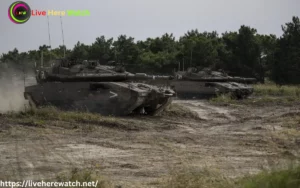

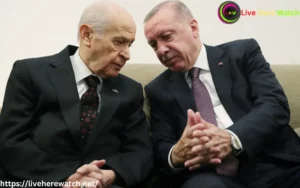
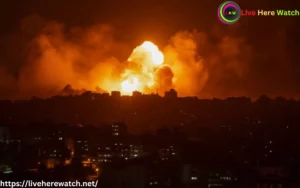
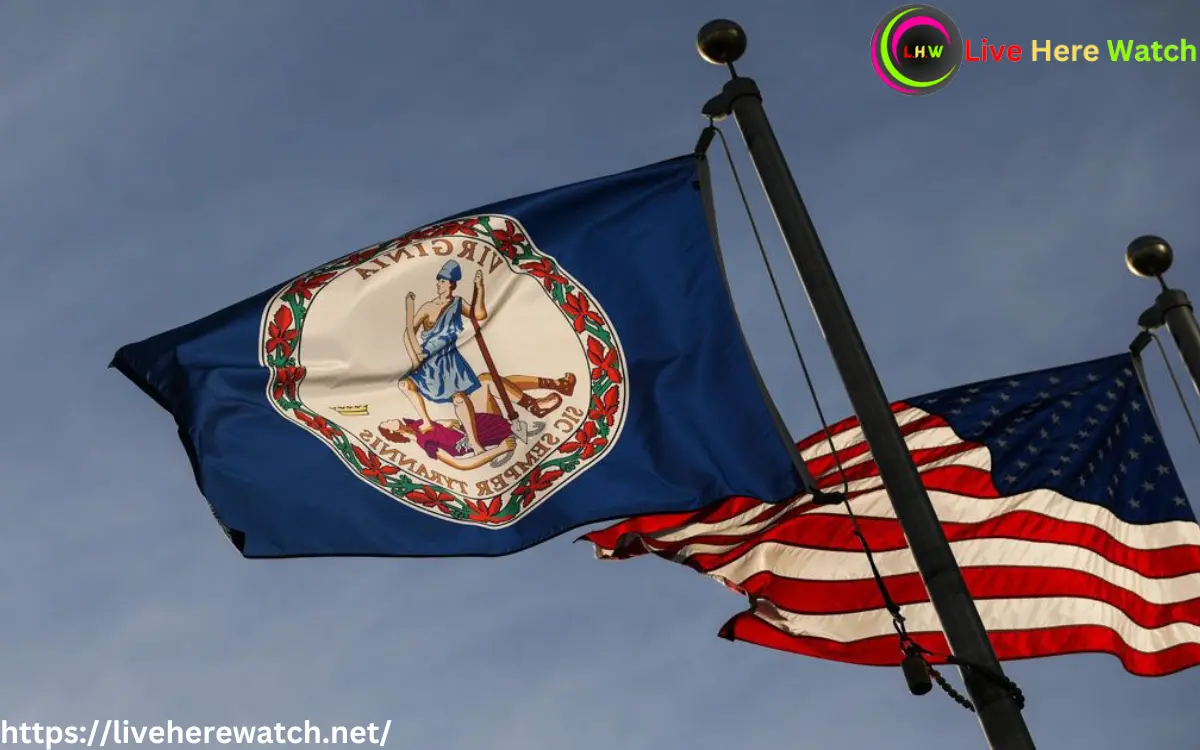
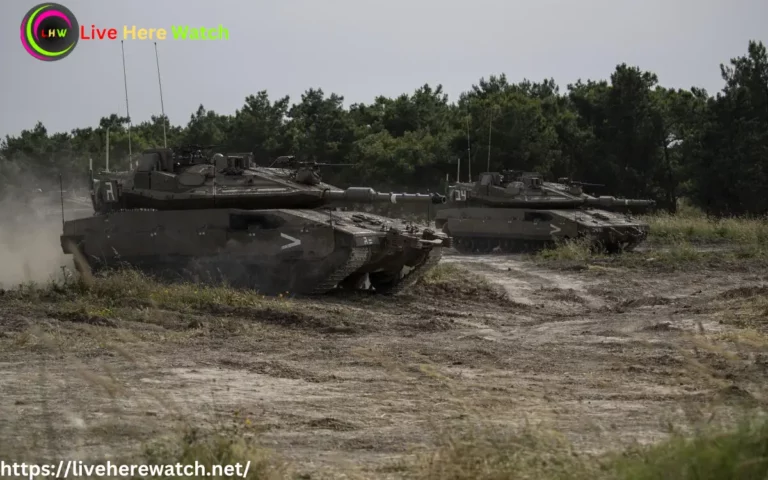

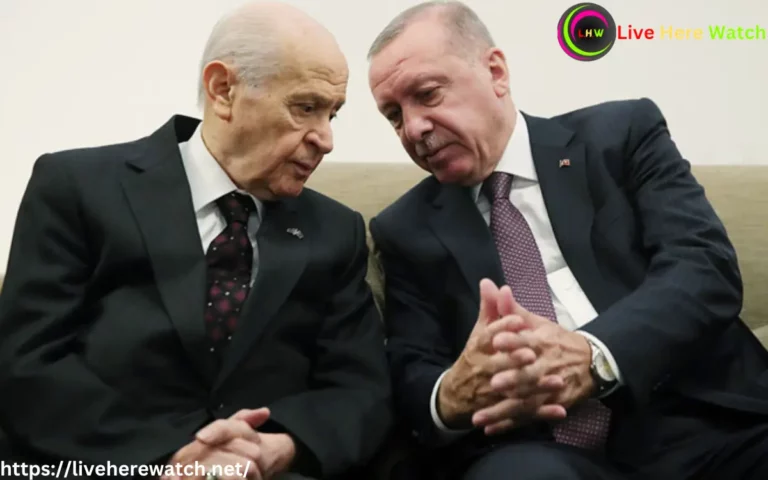
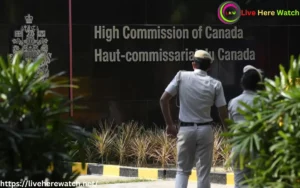

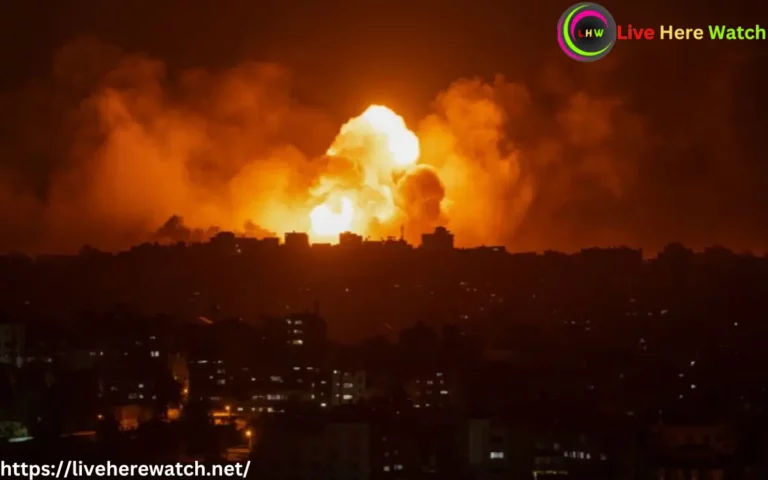

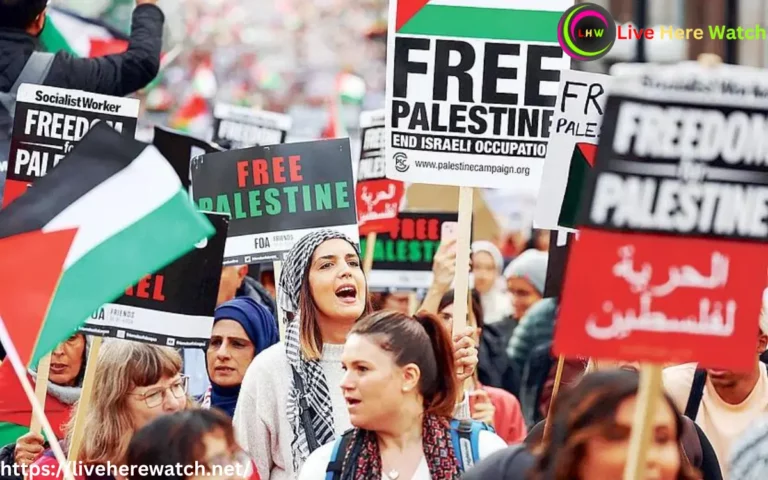


+ There are no comments
Add yours